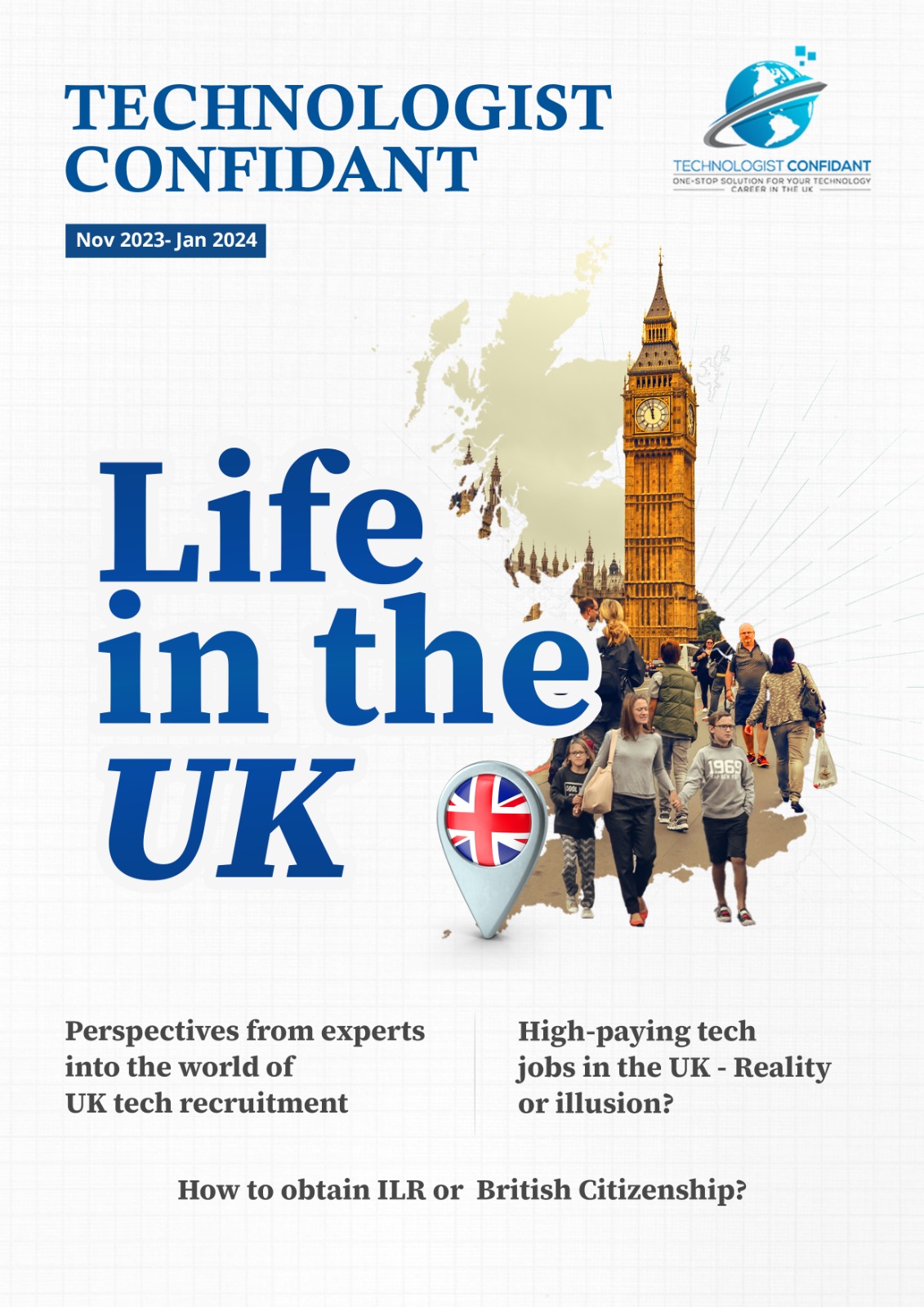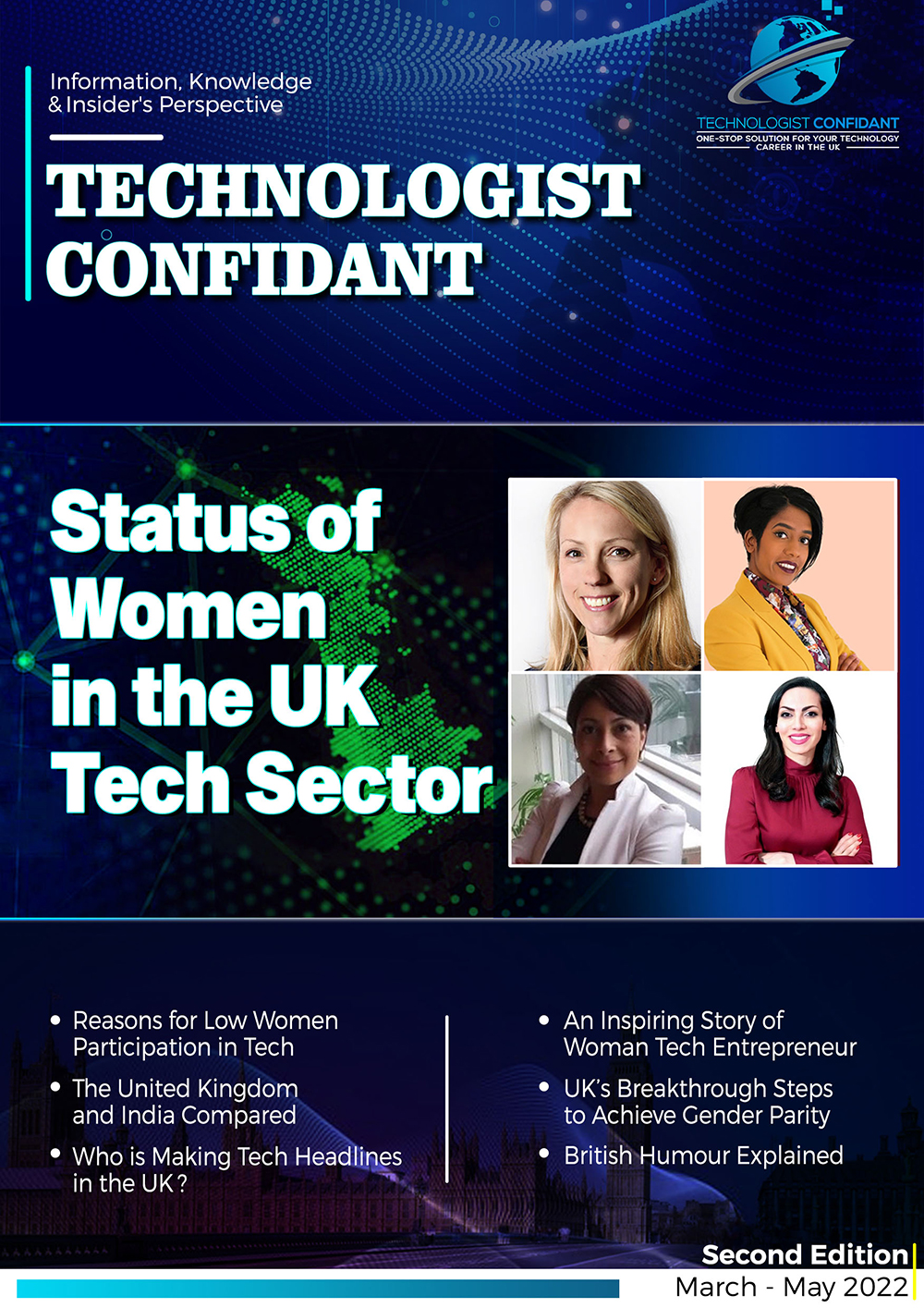The United Kingdom is home to a thriving and dynamic tech landscape, encompassing both the bustling streets of London and the emerging tech scenes in various regional hubs. As the digital revolution continues to reshape industries and economies, the choice between London's global allure and the local advantages of regional tech hubs has never been more consequential.
In this data-driven comparison, we will delve into the key distinctions between London's tech powerhouse and the burgeoning tech ecosystems found in regional cities across the UK. Whether you seek the prestige of the capital or the innovation found in regional pockets, this exploration will equip you with the information needed to navigate the vibrant UK tech landscape.
Economic Impact:
London:
1. Economic Contribution: London's tech sector is a powerhouse in the UK economy, contributing significantly to its GDP. As of 2021, London's digital tech sector was estimated to be worth around £56 billion, accounting for over 240,000 jobs in the city. (Tech Nation, 2021)
2. Investment Capital: London attracts a lion's share of tech investment in the UK. In 2020, London-based tech companies raised over £7 billion in venture capital funding, a testament to the city's appeal to investors. (Tech Nation, 2021)
Regional Tech Hubs:
1. Economic Contribution: Regional tech hubs like Manchester, Birmingham, and Edinburgh have been making significant strides. For instance, Greater Manchester's digital sector contributed over £5 billion to the regional economy in 2019, employing around 88,000 people. (Tech Nation, 2020)
2. Investment Capital: While regional hubs secure substantial funding, it often pales in comparison to London. Manchester-based tech companies raised approximately £600 million in venture capital in 2020, reflecting the difference in investment activity between London and regional cities. (Tech Nation, 2021)
Talent and Workforce:
London:
1. Talent Pool: London's diverse population attracts top tech talent globally. The city houses a large number of international tech workers and experts, creating a highly skilled and multicultural workforce.
2. Education and Research: London's universities, such as Imperial College and University College London, are renowned for their tech and engineering programs. This fosters an environment of innovation and knowledge exchange.
Regional Tech Hubs:
1. Talent Pool: Regional tech hubs are home to local talent who often have strong ties to the area. For example, Edinburgh boasts a growing pool of data science talent thanks to the presence of the University of Edinburgh and organisations like the Data-Driven Innovation program.
2. Specialisation: Regional hubs often develop specific tech specialisations. For instance, Cambridge is renowned for its excellence in biotech and life sciences, while Manchester excels in e-commerce and digital marketing.
Networking Opportunities:
London:
Abundance of Events: London hosts a multitude of tech-related events, conferences, and meetups on a regular basis. For example, London Tech Week is a renowned annual event that brings together thousands of tech professionals and leaders from around the world.
International Networking: Being a global city, London offers opportunities to network with international tech professionals and investors. It's a hub for cross-border collaborations and partnerships.
Regional Tech Hubs:
Community Focus: Smaller tech communities in regional hubs often have a strong sense of community. This can lead to more personalised networking opportunities where you can build deeper connections with local tech enthusiasts and entrepreneurs.
Specialised Networks: Regional hubs often have tech networks that focus on specific industries or technologies. For instance, the Northern Tech Awards in Manchester celebrates and connects tech companies in the North of England.
Work-Life Balance:
London:
Fast-Paced Lifestyle: London's bustling environment often results in a fast-paced lifestyle, where long work hours are common. The high cost of living can put pressure on individuals to work longer to meet expenses.
Commute Challenges: Londoners may face longer and more crowded commutes, which can eat into personal time and contribute to work-related stress.
Career-Driven Culture: The competitive nature of London's tech scene can lead to a culture that prioritises career advancement and long working hours over work-life balance.
Regional Tech Hubs:
Balanced Lifestyle: Regional tech hubs generally offer a more balanced work-life lifestyle. Smaller cities like Bristol, Brighton, or Newcastle often have shorter commutes and a more relaxed pace of life.
Affordable Living: Lower living costs in regional hubs can translate to less financial pressure, allowing tech professionals to allocate more time and resources to their personal lives.
Strong Community Values: The community-oriented nature of regional hubs often encourages employers to prioritise work-life balance as part of their company culture. Flexible working arrangements and remote work options are more prevalent.
London is like a big, bustling city with bright lights and a fast-paced life. It has lots of job opportunities and exciting events but can be a bit expensive and busy.
On the other hand, regional tech hubs are like friendly neighbourhoods. They offer a quieter, more relaxed lifestyle, with unique specialties and lower costs. It's like having a close-knit community where everyone knows your name.
Choosing between them depends on whether you prefer the bright city lights or the cosy neighbourhood feel. The UK's tech story has something for everyone, and it's all about finding your perfect fit.






